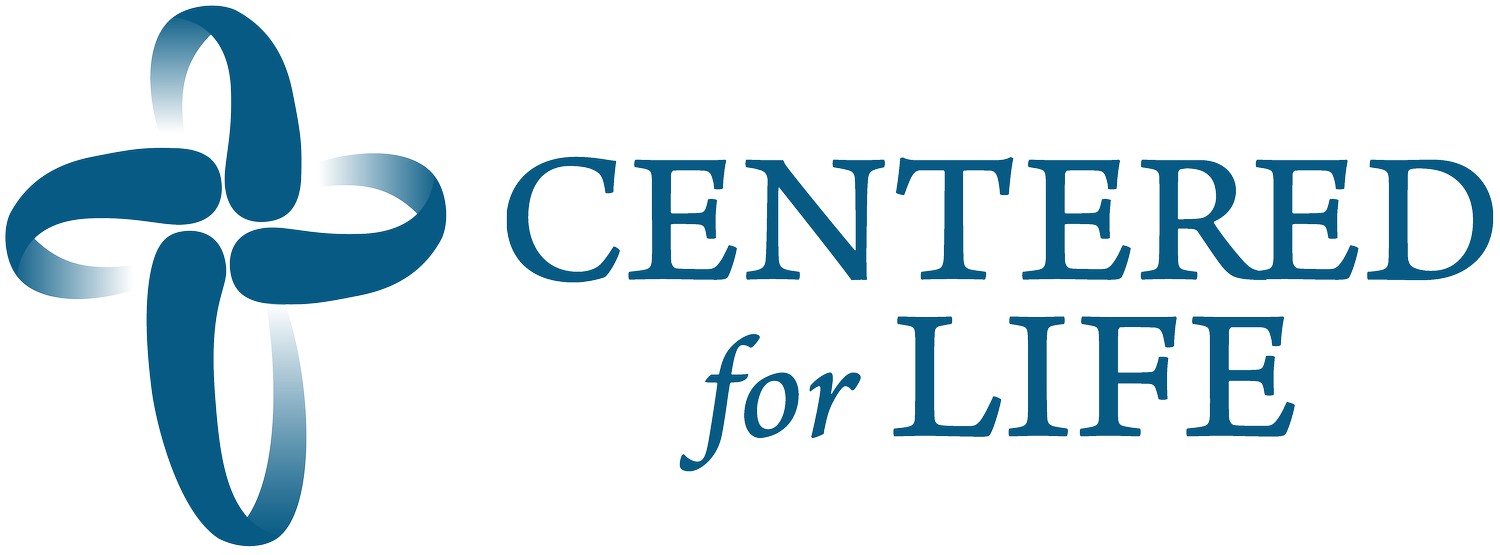Neurotherapy
Your brain has the capacity to change & heal.
Many patients with mental health conditions can feel stuck with their treatment. However, neurofeedback therapy harnesses the power of neuroplasticity, your brain’s natural ability to change. Each brain is unique, and recent research has taught us that not everyone with the same diagnosis has the same brain activity. We use QEEG brain mapping to investigate what may underlie your symptoms and tailor treatments to your specific needs. The goal of neurotherapy is not just to change how you feel and think, but also how your brain functions on a biological level.
Neurotherapy has been used to help alleviate symptoms in clients with PTSD, anxiety, depression, autism, ADHD, learning difficulties, OCD, concussions, migraines, brain fog, memory issues, developmental delays, trouble sleeping, mitochondrial disorder, addictions, and even helps with sports performance.
-

Suffered a brain injury?
Neurofeedback improves memory and diminishes headaches in the treatment of TBIs.
-

Struggling to focus?
Neurofeedback improves the brain’s ability to concentrate and filter out irrelevant information.
-

Experiencing a mood disorder?
Neurofeedback supports long-term mood stabilization and offers the possibility to discontinue medication.
-

Dealing with insomnia?
Neurofeedback is an effective treatment for insomnia and other sleep disorders.
What is a neurotherapy session like?

You might be wondering…
-
Neurofeedback is a type of “biofeedback” for the brain. Neurotherapy training helps you teach yourself to quiet your mind, and tends to improve cognitive function, attention, mood, anxiety, and behavior. It is painless and generally has no side effects.
-
Neurofeedback is a non-invasive technique that uses real-time displays of brain activity to help you learn to self-regulate your brainwaves and central nervous system. It is commonly used for a wide variety of conditions such as ADHD, depression, anxiety, attachment disorders, autism, panic attacks, performance issues, traumatic brain injury, seizures, and sleep problems… all without expensive and potentially ineffective drugs.
-
One neurotherapy training session is about 50 minutes. Total treatment time can vary for each client. Due to brain development differences and neurological plasticity, the younger you are the shorter the treatment period. The complexity of your condition(s) is also a factor. For example, treatment for a traumatic brain injury is a significantly longer process than for ADHD. The goal is to complete enough brain training to ensure consistent and lasting benefits.
You should continue training for several sessions even as your symptoms start to get better. It takes some time for the brain to allow new patterns to form into a new habit.
-
Once a week is typical. Three to four times a week can be helpful depending on your individual case and the recommendations made by your clinical counselor. If you are visiting us from out of town we organize your session to maximize your time.
-
Many people begin to notice changes within six to ten sessions. Sometimes the client doesn't notice these changes, but people close to them do. Changes can be very subtle, particularly initially. Clinicians often monitor sleep carefully because it is easier to notice and is often the first thing to improve.
-
No clinician has reported worsening symptoms over the long term using neurofeedback. When you train the brain, your neuropathways tend to work towards homeostasis. This allows symptoms to gradually trend towards normality.
-
Research shows that once a problem is fixed with neurofeedback it remains fixed, provided that neurotherapy continues until the brainwave changes are fully stable. The goal is truly healing the brain, in contrast to some other forms of symptom management such as medications which could result in relapse or dependency.
Some clients who wish to pursue peak performance and maintain optimal brain functioning may receive neurotherapy sessions on a continual maintenance basis.
Elderly clients often receive ongoing periodic neurotherapy to help relieve age-related declines in brain efficiency and memory.
-
Clinicians report that more than half of their neurofeedback clients start neurotherapy while taking one or more medications. After training for a while, it is often possible to reduce medication under appropriate supervision from your prescribing doctor.




